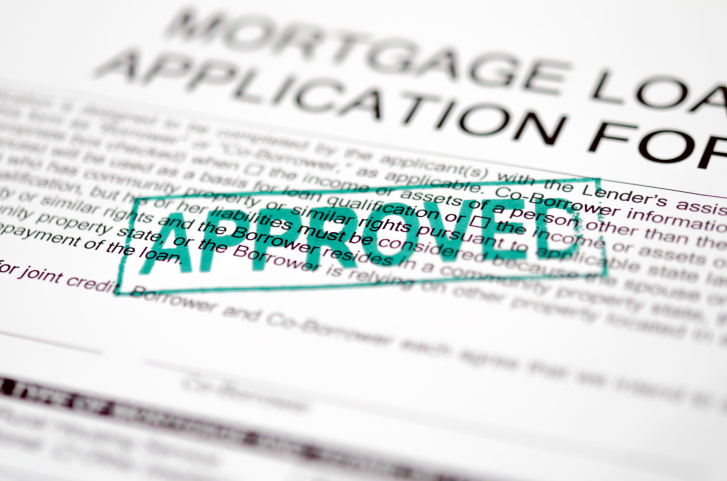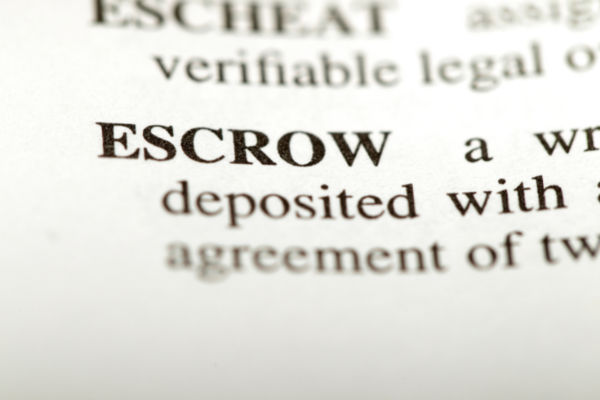Getting Your Mortgage Application Approved As A Self-Employed, First-Time Homebuyer
 A significant number of people are self-employed, which means they might be relying on this income to apply for a mortgage. It is true that people who are self-employed may face additional challenges when trying to get approved for a home loan when compared to someone with traditional W2 income, these are obstacles that can be overcome. With the right qualifications and documentation, even first-time homebuyers who are self-employed should be able to qualify for the home loan they need.
A significant number of people are self-employed, which means they might be relying on this income to apply for a mortgage. It is true that people who are self-employed may face additional challenges when trying to get approved for a home loan when compared to someone with traditional W2 income, these are obstacles that can be overcome. With the right qualifications and documentation, even first-time homebuyers who are self-employed should be able to qualify for the home loan they need.
Lenders Assess Someone’s Ability To Repay The Loan
First, lenders are trying to make sure the person will repay the loan. Lenders believe that someone with W2 income has a stable job and a guaranteed salary, which means they are more likely to repay the loan; however, someone who is self-employed has other ways of demonstrating that he or she can repay the loan. Self-employed individuals can use tax returns, payroll receipts, and records from financial institutions that serve as documentation of the applicant’s income or assets. This means standard W2 forms and pay stubs might no longer be necessary.
Navigating Eligibility Requirements
Next, self-employed individuals need to meet the eligibility requirements. This includes two years of self-employment, a reliable income, a strong credit score with a clean credit report, cash for a down payment, and a low debt to income ratio. It is possible for a first-time homebuyer to get a loan for less than five percent down; however, closing costs can be significant. Realistically, first-time homebuyers should plan on spending close to five percent of the home’s value to get approved for a first-time home loan.
Understanding Mortgage Options
Finally, self-employed first-time homebuyers should be aware that there are multiple loan options available. For example, there are FHA and VA loans for those who qualify. USDA loans and jumbo loans might also be an option. There are bank statement mortgages and conventional options available as well. Self-employed individuals might have to visit several of these programs to see which ones work the best. The programs vary in terms of their down payment, minimum credit score, and credit history requirements. It is prudent to work with a professional loan officer who has experience helping self-employed, first-time homebuyers get approved.
 Even though not every home has a basement, those that do usually fall into one of three categories. The most common examples of basements include poured concrete, masonry block basement, and precast panels. What do homeowners need to know about the different types of basement construction?
Even though not every home has a basement, those that do usually fall into one of three categories. The most common examples of basements include poured concrete, masonry block basement, and precast panels. What do homeowners need to know about the different types of basement construction?  When someone is looking at purchasing a home, they usually focus on the purchase price of the home and the potential monthly payment. At the same time, there are other costs that need to be included as well. This includes home insurance and real estate taxes.
When someone is looking at purchasing a home, they usually focus on the purchase price of the home and the potential monthly payment. At the same time, there are other costs that need to be included as well. This includes home insurance and real estate taxes.